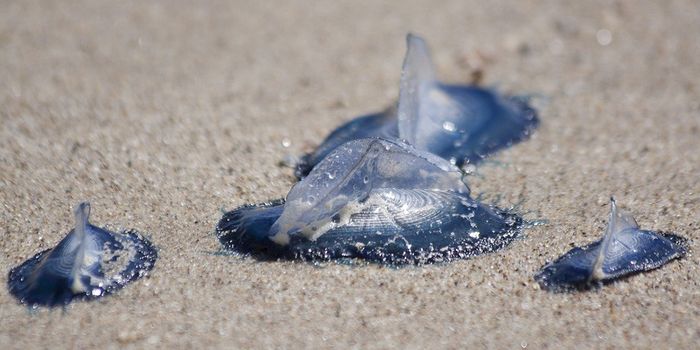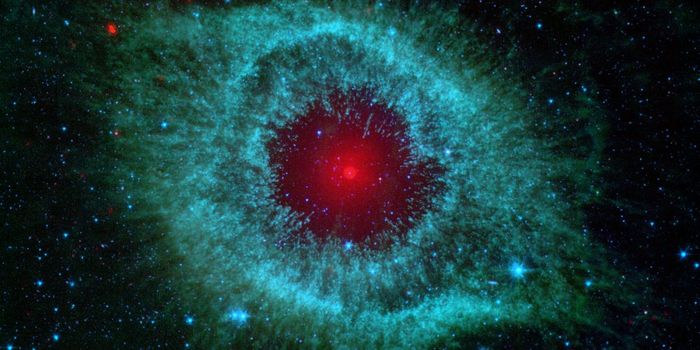Despite being a quintessential part of the Thanksgiving feast, turkey endures a number of bad reputations. Notably, tryptophan-laden turkey alone bears the brunt of the blame for the post-feast sleepiness and lethargy. But here's why this accusation is undeserved.
It's true that turkey contains L-tryptophan, an amino acid that promotes sleepiness. However, turkey isn't the only food that contains L-tryptophan. Foods rich in tryptophan include nuts, cheese, red meat, chicken, fish, and eggs. Furthermore, L-tryptophan requires help getting into the brain, and this help is in the form of carbohydrates. Taken together, the effects of the so-called turkey-induced drowsiness is really caused by everything found on the Thanksgiving table, not just turkey.
Another reason to let turkey off the hook for the post-meal tiredness? We get this tired after every big meal, not just at Thanksgiving. It's called post-prandial fatigue, and it describes how the body slows down in reaction to large quantities of food, regardless of whether turkey was included.








